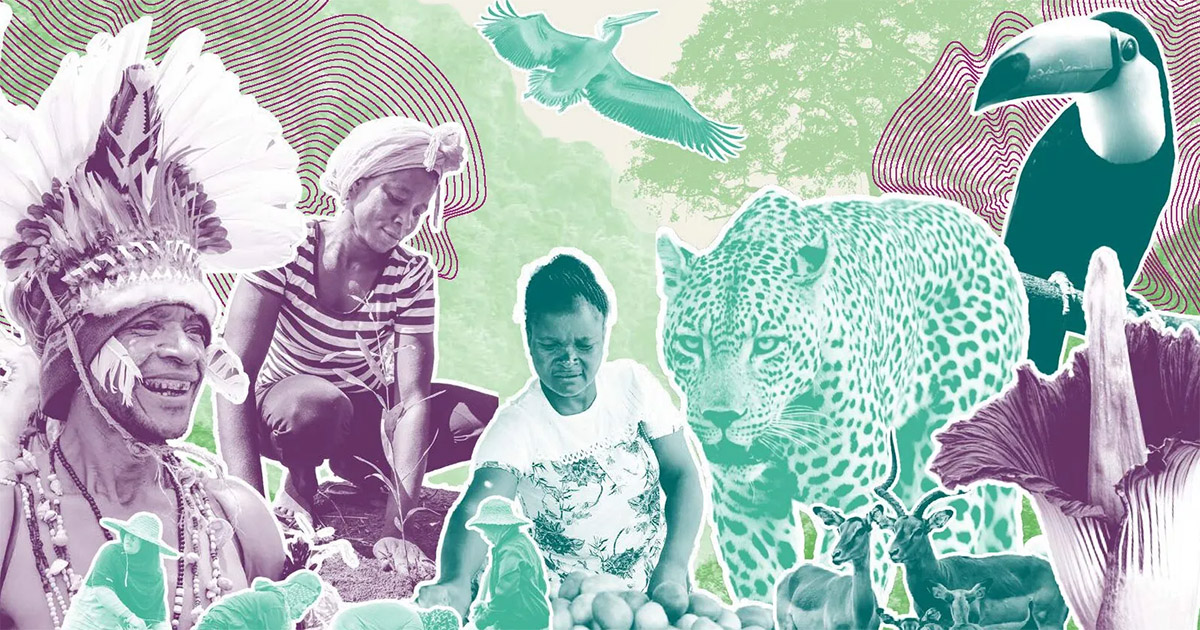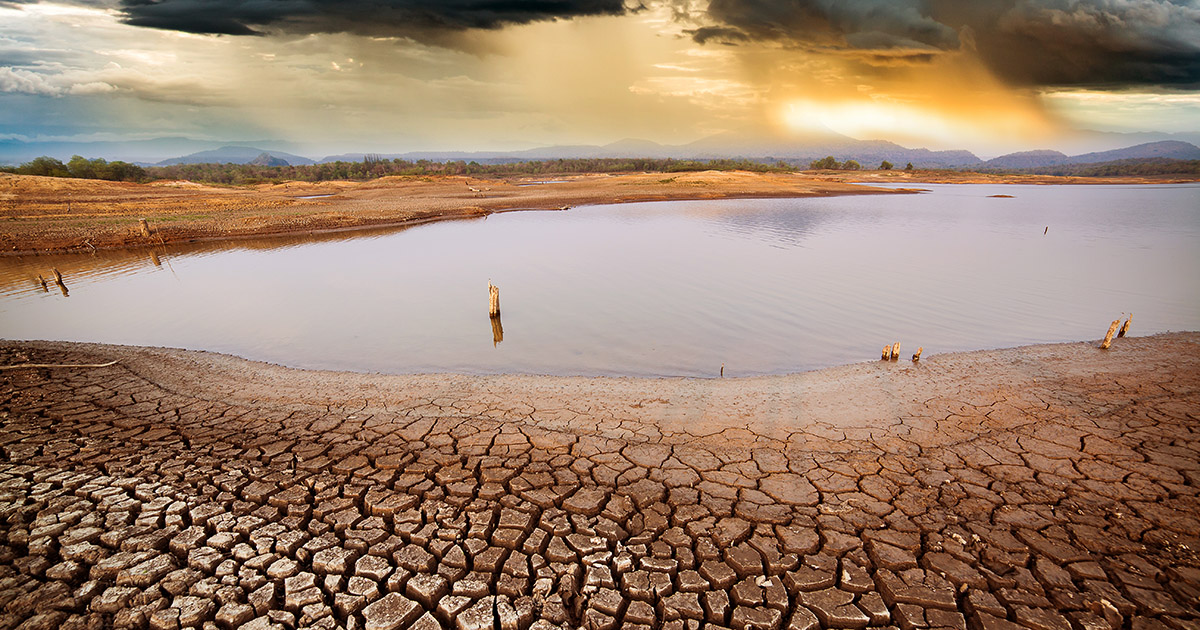In recognition of the failures of sectoral approaches to overcome global challenges of biodiversity loss, climate change, food insecurity and poverty, scientific discourse on biodiversity conservation and sustainable development is shifting towards integrated landscape governance arrangements. Current landscape initiatives however very much depend on external actors and funding, raising the question of whether, and how, and under what conditions, locally embedded resource management schemes can serve as entry points for the implementation of integrated landscape approaches. This paper assesses the entry point potential for three established natural resource management schemes in West Africa that target landscape degradation with involvement of local communities: the Chantier d'Aménagement Forestier scheme encompassing forest management sites across Burkina Faso and the Modified Taungya System and community wildlife resource management initiatives in Ghana. Based on a review of the current literature, we analyze the extent to which design principles that define a landscape approach apply to these schemes. We found that the CREMA meets most of the desired criteria, but that its scale may be too limited to guarantee effective landscape governance, hence requiring upscaling. Conversely, the other two initiatives are strongly lacking in their design principles on fundamental components regarding integrated approaches, continual learning, and capacity building. Monitoring and evaluation bodies and participatory learning and negotiation platforms could enhance the schemes' alignment with integrated landscape approaches.
Download:
DOI:
https://doi.org/10.1007/s00267-017-0866-8
Dimensions Nombre de citations:

Année de publication
2018
Auteurs
Foli, S.; Ros-Tonen, M.A.F.; Reed, J.; Sunderland, T.C.H.
Langue
English
Mots clés
natural resources management, landscape, land degradation, land use, vegetation, resource conservation, sustainability, ecosystem services, socioeconomics, case studies
Géographique
Ghana, Burkina Faso
















